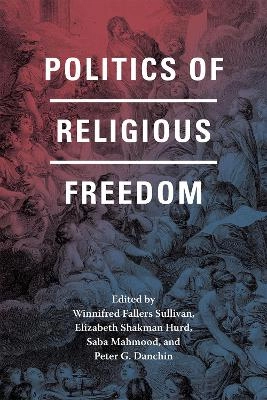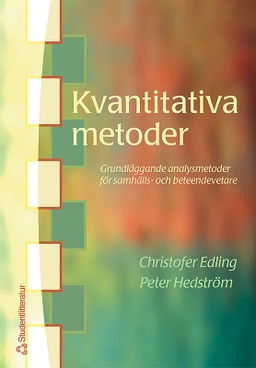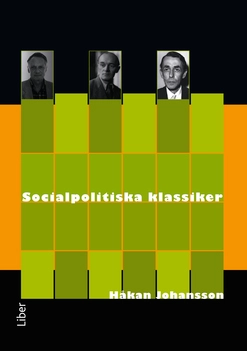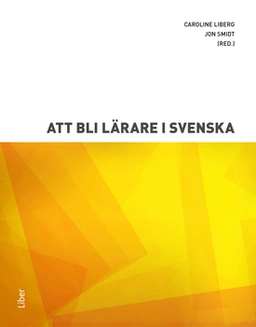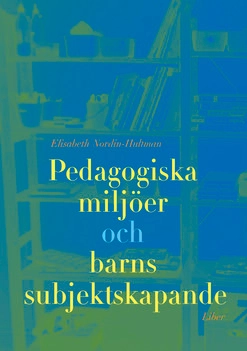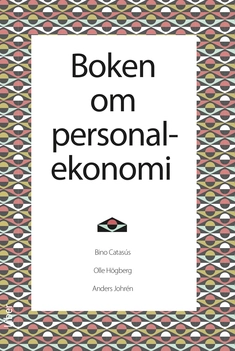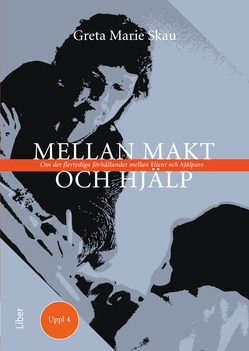In a remarkably short period of time, religious freedom has achieved broad consensus as an indispensable condition for peace. Faced with widespread reports of religious persecution, public and private actors around the world have responded with laws and policies designed to promote freedom of religion. But what precisely is being promoted? What are the cultural and epistemological assumptions underlying this response, and what forms of politics are enabled in the process? The fruits of the three-year Politics of Religious Freedom research project, the contributions to this volume unsettle the assumption - ubiquitous in policy circles - that religious freedom is a singular achievement, an easily understood state of affairs, and that the problem lies in its incomplete accomplishment. Taking a global perspective, the contributors delineate the different conceptions of religious freedom predominant in the world today, as well as their histories and social and political contexts. Together, the contributions make clear that the reasons for persecution are more varied and complex than is widely acknowledged, and that the indiscriminate promotion of a single legal and cultural tool meant to address conflict across a wide variety of cultures can have the perverse effect of exacerbating the problems that plague the communities cited as falling short.
Åtkomstkoder och digitalt tilläggsmaterial garanteras inte med begagnade böcker
